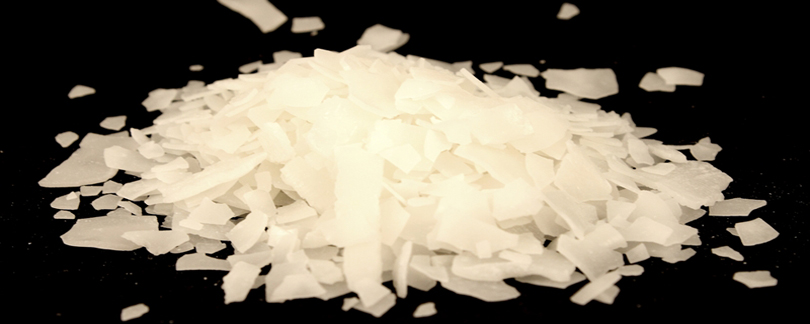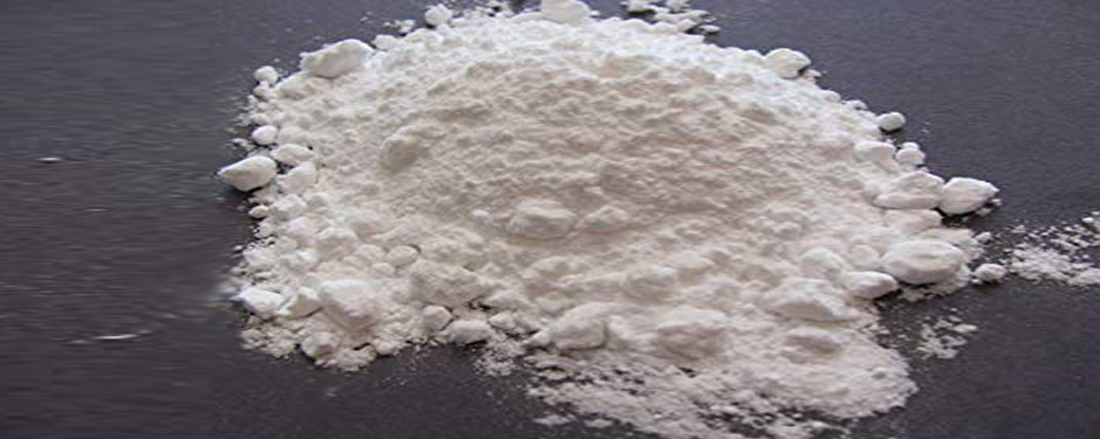PETROLEUM ETHER 40-60C LR
Petroleum ether is the petroleum fraction consisting of aliphatic hydrocarbons and boiling in the range 35–60 °C, and commonly used as a laboratory solvent.[4] Despite the name, petroleum ether is not classified as an ether; the term is used only figuratively, signifying extreme lightness and volatility.
Petroleum ether may cause dizziness and drowsiness if inhaled, and high concentrations may result in central nervous system depression, and loss of consciousness. Symptoms of ingestion may include nausea, vomiting, as well as symptoms of dizziness, drowsiness and central nervous system depression.
Petroleum ether is mostly used by pharmaceutical companies and in the manufacturing process. It is also commonly used for recreational purposes as an inhalant drug. It is a lightweight hydrocarbon used chiefly as a nonpolar solvent.
Petroleum ether (pet ether) is a commonly used solvent due to its relatively low cost compared to other organic solvents. It is less hygroscopic than diethyl ether, is less flammable than diethyl ether, and is more selective for hydrophobic lipids than diethyl ether.








